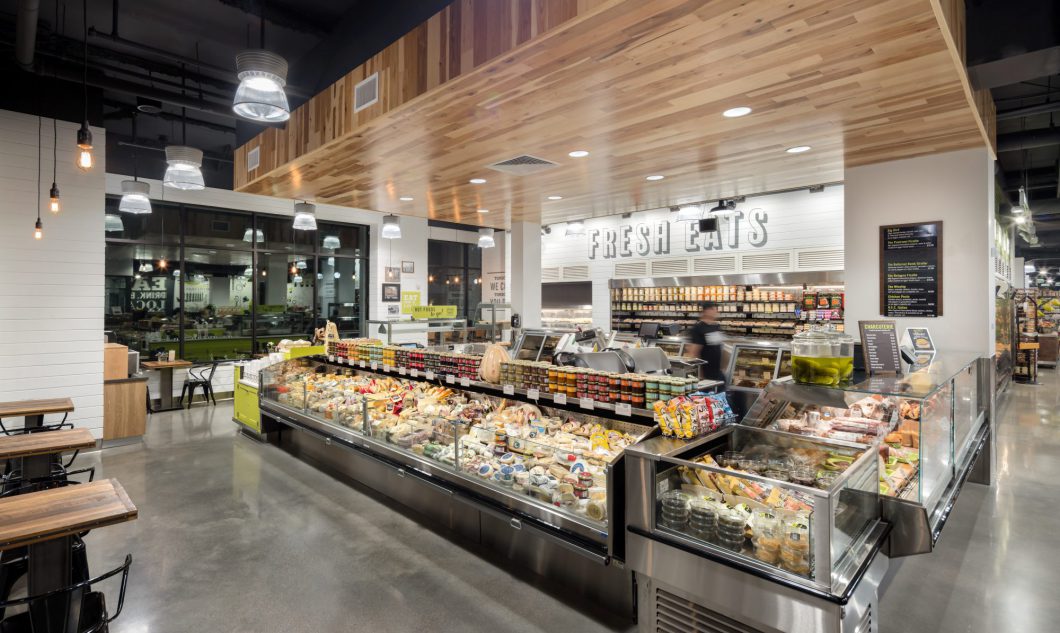
Lessons Grocers Can Learn From Department Stores: Lesson Nine—Services
While physical stores can no longer compete with online retail for sheer product selection, the face-to-face conversations with experts and the services they provide are the greatest differentiator for brick-and-mortar retail. Whether the tailor or butcher, the personal connection builds a level of trust. As grocers adopt more of the traditional department store categories, what services will migrate over as well?

Grocery: Many grocers began as the local butcher or neighborhood produce wagon, embracing the importance of community and family. Today, each grocer must find a balance between services and the commodities in the center of the store. Innovations in recent years have included adding clinics, catering, delivery, and curbside pick-up.
Department stores: Historically, department stores differentiated themselves by their specialty services and category expertise. Although they have ceded some of this space to competitors, they still offer beauty consultants, tailors, and personal shoppers and are successfully adopting in-store pick-up and recommitting to cross-training sales staff.
Advice: As grocers continue to expand their beauty and personal care sections, adding consulting services may be the next logical step. For food, what about party planning in addition to the already popular catering services? Understanding customer needs and what the competition is doing will greatly influence what services to add and their impact on grocers’ business models.
This is Lesson Nine of “Lessons Grocers Can Learn From Department Stores.” Make sure to check out Lessons Two, and Seven if you haven’t already.
